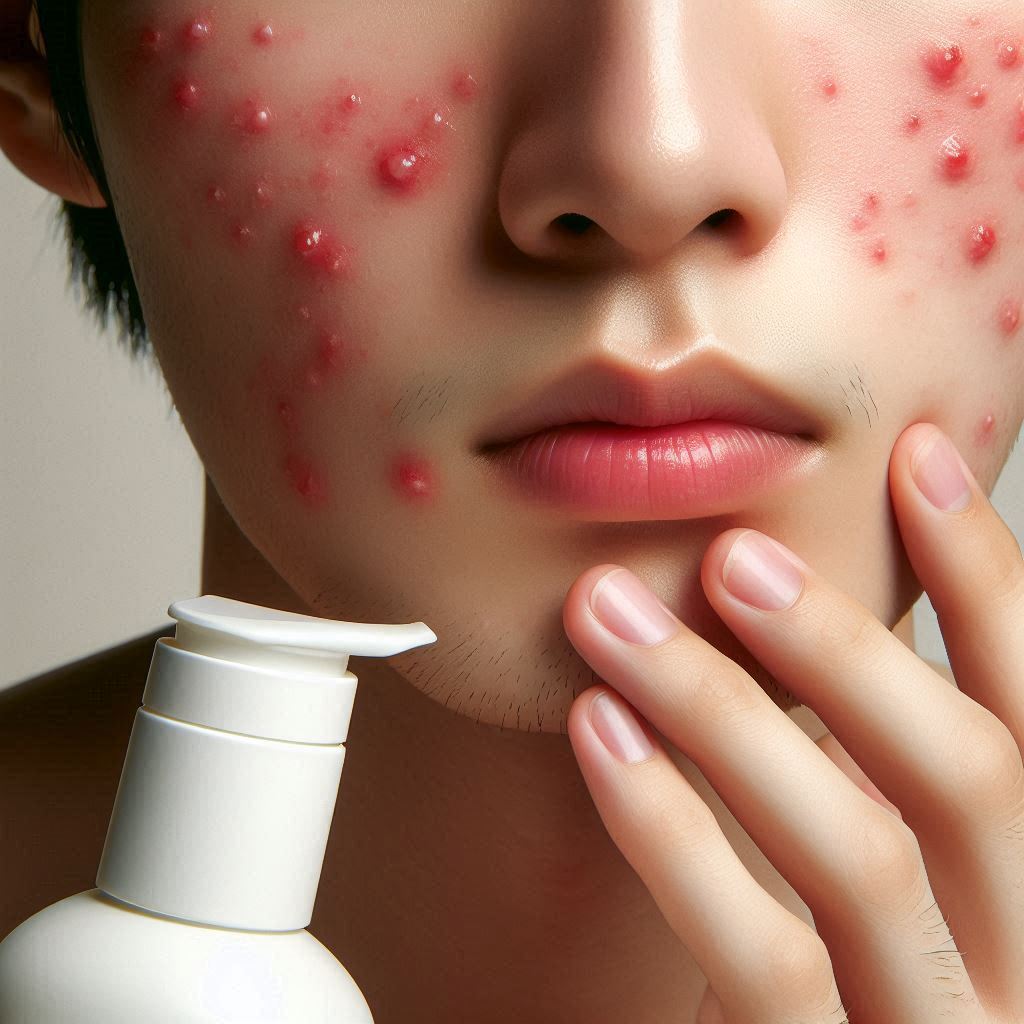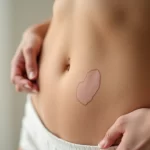A lot of things can induce sensitive skin, from basic health considerations to environmental factors. If you do not get relief from home remedies, then you should talk to a dermatology nurse or dermatologist for medical treatment. Sensitive skin is not a disorder that a doctor can identify you with. It is commonly a symptom of different conditions. You might not recognize that you have sensitive skin until you get a reaction from any cream or makeup item. You are usually able to keep your symptoms in check with a couple of easy variations to your skincare routine.
What are the Causes of Sensitive Skin?
If you are wondering what induces sensitive skin, then here are a couple of things you should know.
Contact Dermatitis:
It is a sort of eczema, which is a grouping of skin problems defined by dryness and soreness. If you have caught dermatitis, redness will appear on your skin once it is exposed to an irritant. The irritant, specified as a solid fragrance in washing detergent, will cause minor damage to the surface of your skin. In reaction, your body will protect itself from this sensed threat with an immune reaction. This is like what you feel during an allergy to the skin.
Allergic Reaction:
Dermatitis, or redness of the skin, can also be induced by an allergic reaction. When your skin has an allergic reaction, it signifies your immune system is overburdened. When your skin contacts an allergen, just like pollen, your body efforts to protect itself by ejecting T-cells. This procedure can lead to inflammation and scratching. The basic way to deal with allergies is by taking an antihistamine, which can be purchased otc in pill or syrup form.
Rosacea:
Rosacea is a skin problem that causes soreness and inflammation of the face and neck. It can begin as a blushing of the cheeks and can some of the time disperse to the ears. Doctors do not recognize what causes rosacea; just they recognize that people who are fair-skinned and have a family history are more likely at the chance. As the sun can trigger rosacea, people with this consideration should regularly put on broad-spectrum sunblock with SPF 30.
Acne:
Acne is a problem that causes pimples to grow on the skin. It is the basic cause for checking a dermatologist. Acne is set off when your skin pores get choked. You can bring down acne by washing your face regularly with a mild, non-drying soap. You can get the nonprescription medicines for acne.
Dry Skin:
Dry wintertime air might be adequate to induce skin sensitivity. According to the American Academy of Dermatology Association, the soreness and scratching of overly dry skin can also put you at risk of developing another skin problem. To fight dry skin, your health professional might suggest creams or ointments containing elements such as urea, ceramides, lactic acid, or glycerin. You can also get medicines and moisturizers as nonprescription drugs.
Photodermatoses:
Photodermatoses are skin responses that fall out in reaction to the UV rays in the sun. Polymorphic light eruption (PLE) is a single basic sort of photodermatosis. In people with this condition, the immune system reacts abnormally to the sun, causing blizzards and blisters on sun-exposed spots of skin. The state is more expected to cause trouble in the hot weather.
What Medical Treatments Are Available?
Contingent on the cause of sensitive skin and the following symptoms, doctors might suggest a few distinct medicines. They include:
- Steroid ointments: Both OTC and prescription-strength steroid ointments specified as hydrocortisone might assist in alleviating redness and itchiness.
- Analgesic ointments: Numbing ointments might help reduce itchiness, which could reduce the individual’s tendency to itch or chafe the area.
- Antihistamines: Having an oral antihistamine might help with a few allergies.
- Protective sun blocker: Broad-spectrum sunblock with a sun protection element (SPF) of 30 or higher can assist in protecting sensitive skin from ultraviolet rays.
When to See a Dermatologist?
If home remedies do not work, it is time to see your dermatologist. A dermatologist can help you determine if your sensitive skin has a basic cause, such as kidney disease. If you are a resident of Phoenix, Arizona, you can visit Mobile Skin Screening to see a dermatologist expert there. Sensitive Skin treatment in Metro Phoenix, AZ, is now available.
FAQs:
Q: What are the common causes of sensitive skin?
A: Common causes of sensitive skin are environmental factors just as brutal weather, pollution, and UV vulnerability, which can deprive the skin of natural barriers. In addition, certain factors in skin care products, allergens, and still stress can set off responses, leading to redness, soreness, and irritation. Realizing these triggers is important for good management and care.
Q: How can you identify and avoid triggers for sensitive skin?
A: Distinguishing and avoiding triggers for sensitive skin begins with holding an elaborate skin care journal to write about products and environmental factors that might cause responses. Check for basic irritants, specified as scents, alcohol, and hard exfoliants, and choose hypoallergenic, easy formulations. Additionally, understating vulnerability to utmost temperatures and using stress management can assist in bringing down flare-ups and keep up skin comfort.
Q: What types of products are recommended for sensitive skin?
A: For sensitive skin, it is most beneficial to select products marked as hypoallergenic, fragrance-free, and made with gentle, soothing ingredients. Look for moisturizers with ceramides or hyaluronic acid to assist in fixing the skin barrier, and choose gentle cleansers that will not deprive natural oils. Mineral-based sunblocks are also advisable, as they are less likely to irritate sensitive skin.
Q: How can lifestyle changes help manage sensitive skin?
A: Lifestyle modifications can significantly assist in handling sensitive skin by boosting general skin wellness and bringing down triggers. Containing a balanced diet rich in antioxidants, resting hydrated, and getting sufficient sleep can tone up the skin’s natural defenses. In addition, using stress-reducing actions such as yoga or meditation can bring down stress-related flare-ups. However, keeping up a uniform skincare routine can allow the constancy of sensitive skin needs.





